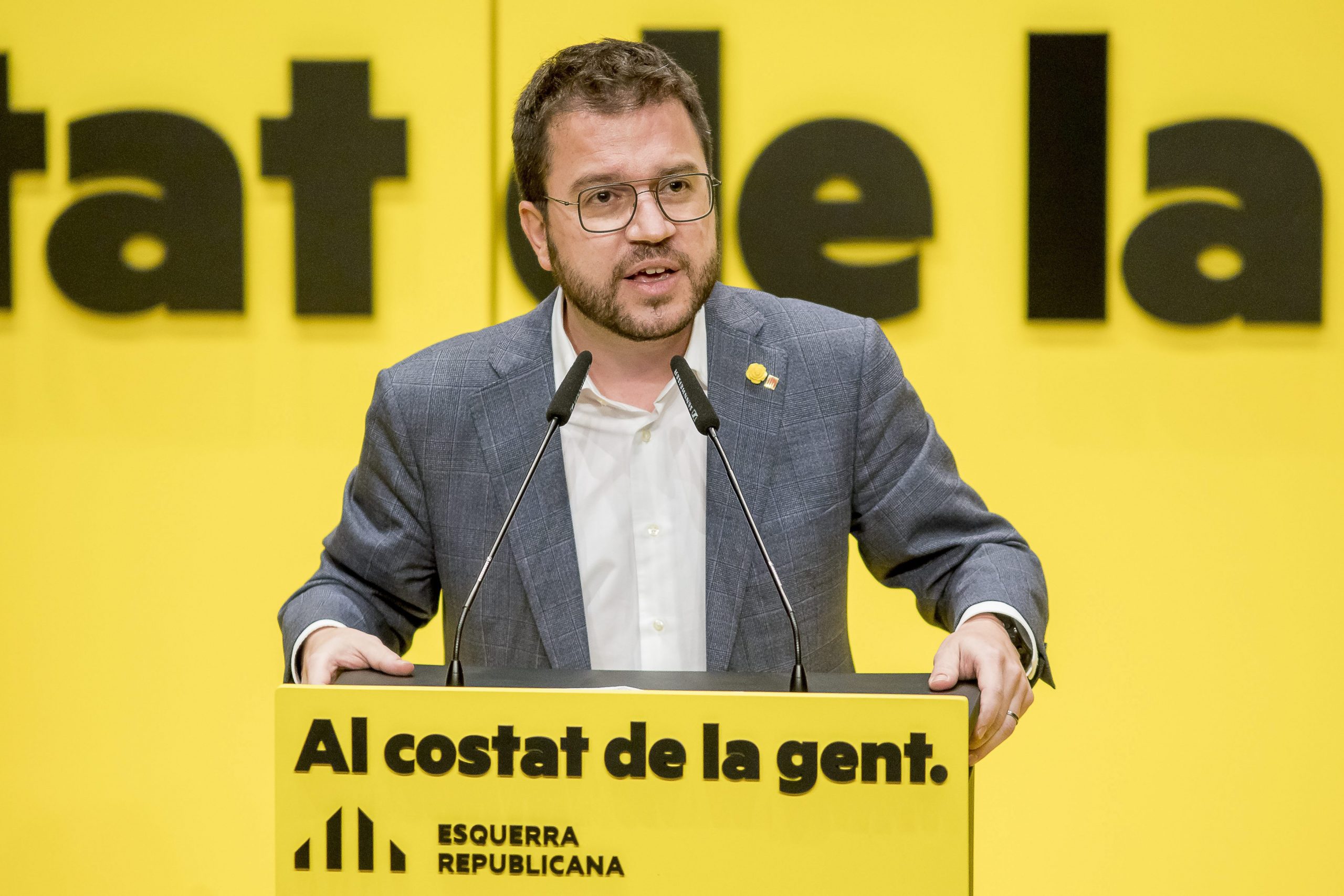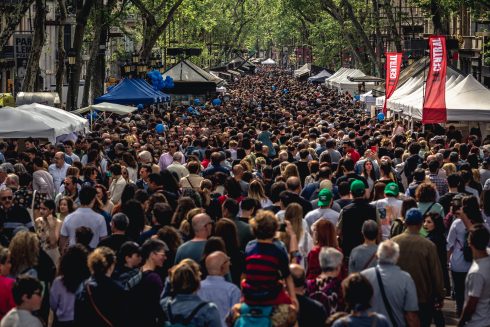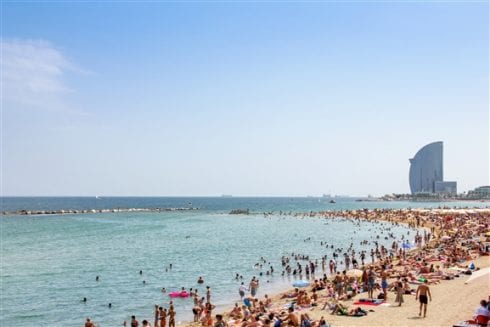VALENTINE’S DAY will be very different in Catalunya this year.
Far from thinking about love and affection, the Catalan people are more concerned with the strangest autonomous elections in history.
Despite a cross-party agreement to postpone the elections until May due to the COVID pandemic, a High Court judge finally ruled against the adjournment and, after a week of speculation and uncertainty, finally decreed that they should go ahead tomorrow (February 14) as originally planned.
The decision opened up a huge can of worms, with accusations flying regarding the increasing involvement of the courts in Catalan politics and triggering a flood of allegations on behalf of citizens who had been randomly chosen to preside over the polling stations.
Fears of COVID infection – with the precedent of figures shooting up following the presidential elections in the USA in November – led to record numbers of requests to dodge the obligation to spend all day at a table counting votes surrounded by hundreds of other people, which can lead to prison and hefty fines for those who fail to turn up without suitable justification.
Meanwhile, the Catalan authorities launched an intensive campaign highlighting the measures taken to guarantee total safety, including antigen tests and full protective gear for members of polling stations, social distancing, set voting times for different sectors of population – including one hour for COVID-positive and quarantined voters – and of course the obligatory facemasks and hand gel.
Applications for postal votes also hit a new record, but the greatest fear shared by all the major parties vying to preside the Generalitat is the threat of an historically high level of abstention.
On the purely political front, tomorrow’s elections are a source of great speculation and excitement, as they could go almost any way.
Winning is no guarantee of government. In 2017, the (usually) centre-right and vehemently anti-independence party Ciutadans (Cs) were victorious by a large margin but were powerless to put together a functioning government, while the pro-separatist Esquerra Republicana de Catalunya (ERC) and JuntsxCat joined forces to lead the Generalitat.

All the polls so far suggest a three-way draw between ERC, Junts and the Catalan branch of the PSOE, the Partit dels Socialistes de Catalunya (PSC).
This year also sees the arrival of extreme right-wing party Vox, who are expected to enter the Generalitat with between six to eight seats and see eye-to-eye with the conservative Partido Popular (PP).
The Catalan branch of the left-wing Podemos, En Comú Podem – led by the Valencia-born Jéssica Albiach –the anti-capitalist pro-independence party Candidatura d’Unitat Popular (CUP) and a splinter group from Junts, the PDECat, complete the lineup.
With no landslide victory predicted for any one candidate, all eyes will be on the post-election pacts and cross-party negotiations set to kick off on Monday.











